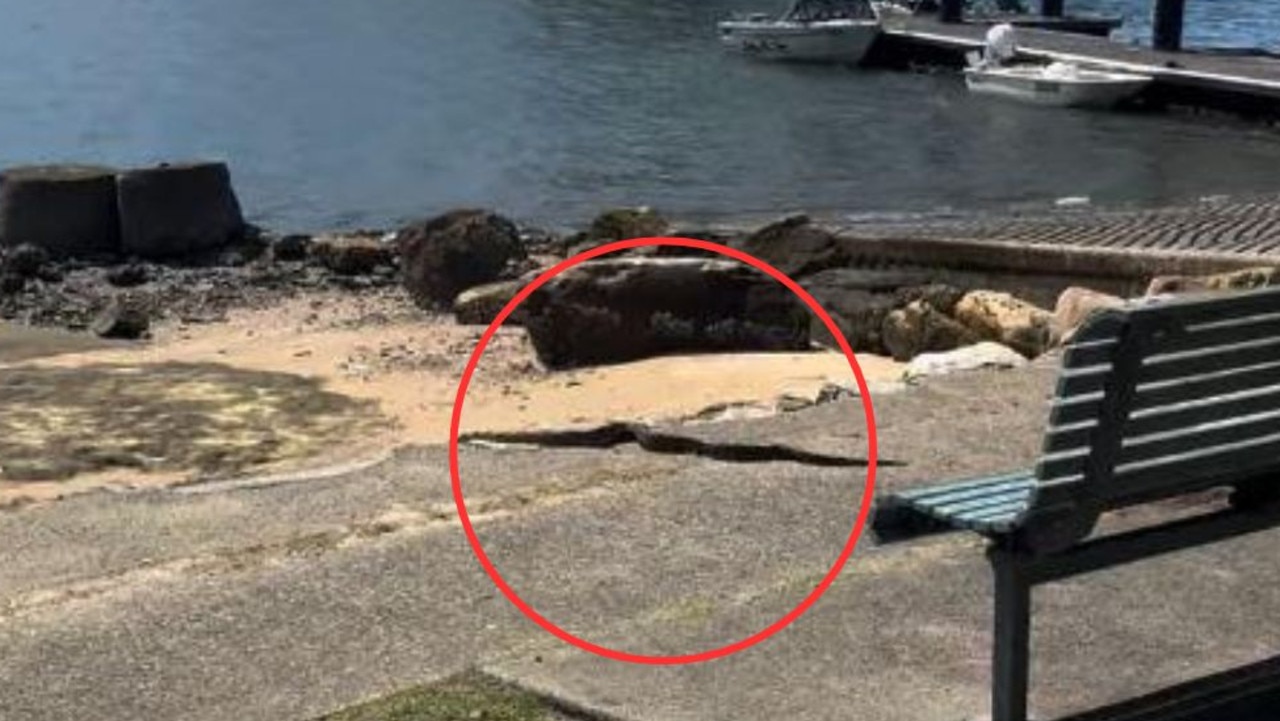Experts urge Aussies to consider own risk amid Covid isolation changes
This is what infectious disease experts make of the plan to scrap close contact isolation, as national cabinet awaits advice from a committee that will meet today.
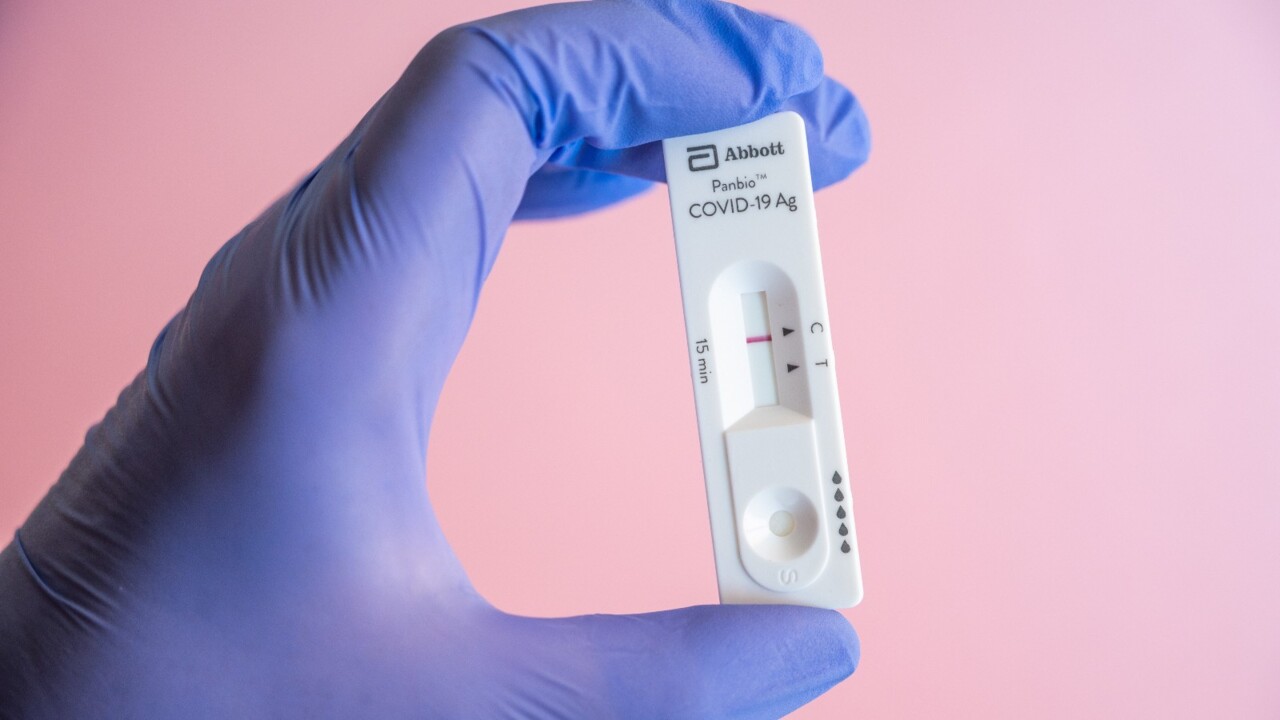
Australia’s top medical professionals will meet on Wednesday to discuss proposed changes to Covid rules – including whether isolation for close contacts should be scrapped.
National cabinet has supported transitioning to no quarantine for all close contacts as soon as possible and is waiting on advice from the Australian Health Protection Principal Committee.
That committee, which includes chief medical officer Paul Kelly, all the chief health officers and other experts, will meet Wednesday.
Professor Kelly confirmed last Friday the detailed full day meeting would address the potential for those who live with someone with the virus to skip isolation, with advice provided to government in “coming weeks”.
But infectious disease experts have urged Australians to make a suitable decision based off their own living situations and transmission risk regardless of government rule changes.
Victorian Premier Daniel Andrews said on Sunday he had been discussing the move with NSW Premier Dominic Perrottet and was “very keen” to remove close contact isolation.

However, Mr Andrews said he needed to know what impact both winter and the new BA.2 variant of Omicron would have on case numbers because it was all about “balance”.
He said the changes would likely include a daily rapid antigen test for household contacts instead of the current mandatory seven days of at-home isolation.
What infectious disease experts think of the proposed isolation changes
Professor Tony Cunningham, an infectious diseases physician, clinical virologist and scientist from The University of Sydney, warns Australians that regardless of what the government decides they must take some personal responsibility to keep people safe.
“Do you want to inflict Covid on someone who has not had their third booster, is over 60 or immunocompromised?” he said, adding that the decision to isolate needed to be balanced with the need to earn a living and mental health.
“If I got infected my wife as a doctor would stay home because she wouldn’t want to risk giving it to her patients. If she got infected, as a close contact I’d be staying home.”
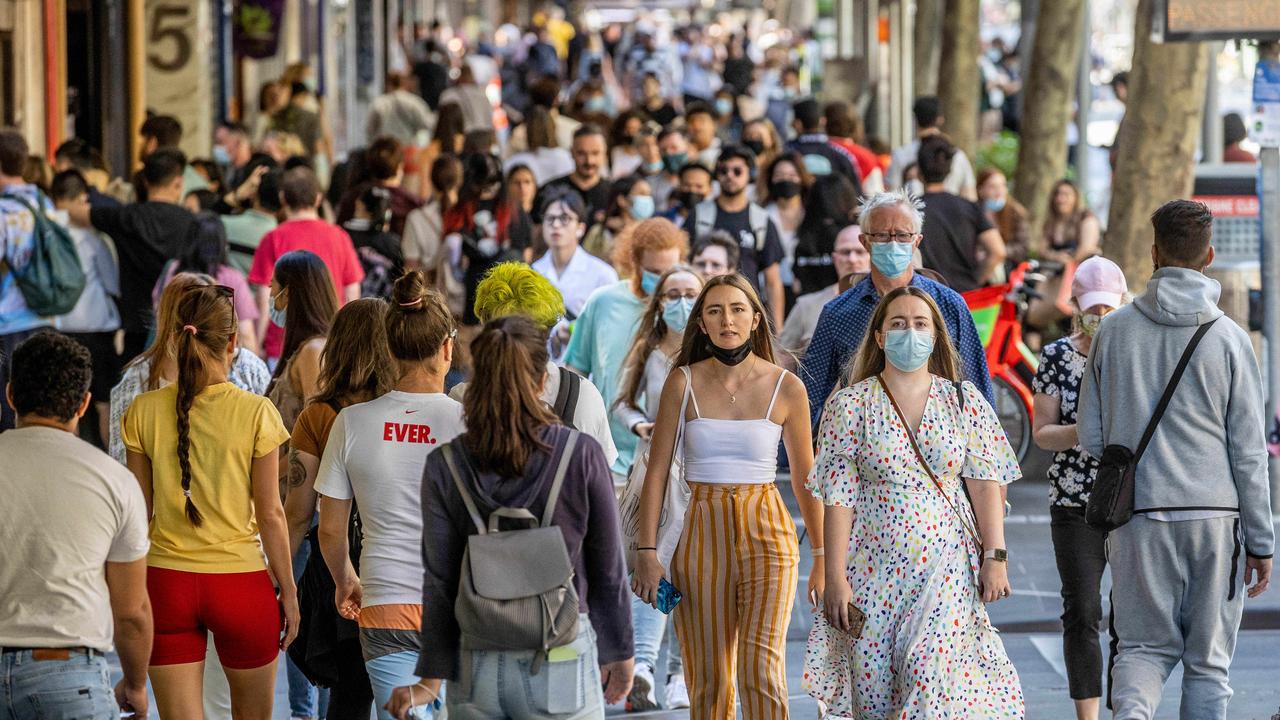
Dr Katrina Roper, an epidemiologist and honorary senior lecturer at Australian National University, said the proposed changes would bring the Covid response in line with how other infectious diseases are managed in Australia.
She said the current household isolation rules were “likely overly cautious” with high vaccination rates because the same rules were being applied to, for instance, two people living in a one-bedroom apartment with no balcony as two people living in a house with separate living spaces and options to be outside.
Dr Roper highlighted that under the new rules there would still be the option for people to assess their own risk of catching and passing on the virus.
“What this might mean is perhaps some household contacts – who would be asymptomatic – might be infectious while they are out in the community,” she said.
“However, if they are asymptomatic, they are likely less infectious and less able to pass on the virus.
“Any time a person is required to self isolate, there are flow on impacts, such as potential loss of work, missing school days, missing social interaction, missing health care appointments for other things, missing key moments in family life.
“Minimising those adverse impacts has other health benefits.”
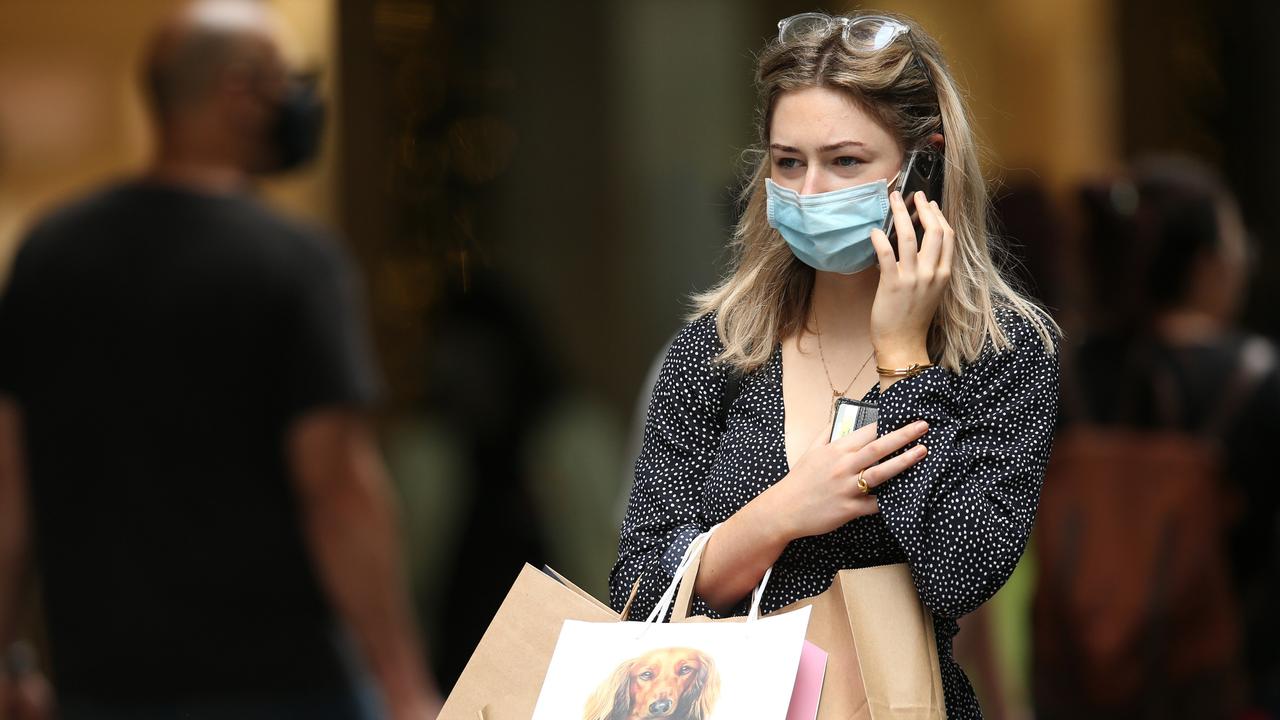
How the BA.2 variant of Omicron will impact changes
Prof Cunningham explained that the new BA.2 variant of Omicron was unlikely to impact the changing of rules as it was estimated we would see a “bump rather than a peak” in the wave, and Omicron, including this new subvariant, was not as “nasty” in terms of causing serious disease compared to Delta.
He added that BA.2 seemed to also be no more immunoevasive.
“We know that Omicron is able to evade vaccines to a greater degree than Delta but the third dose will cover us,” he said.
“We’ve got a bit of a gap,” he added, pointing out the fact only 58.4 per cent of people over 16 in NSW have had their booster. “Particularly we’ve got a bit of a gap in our younger people in the 20 to 50-year-old age group in terms of getting boosters.”
Prof Cunningham, who works at The Westmead Institute for Medical Research, said that from the swabs they had analysed, BA.2 was predominant.
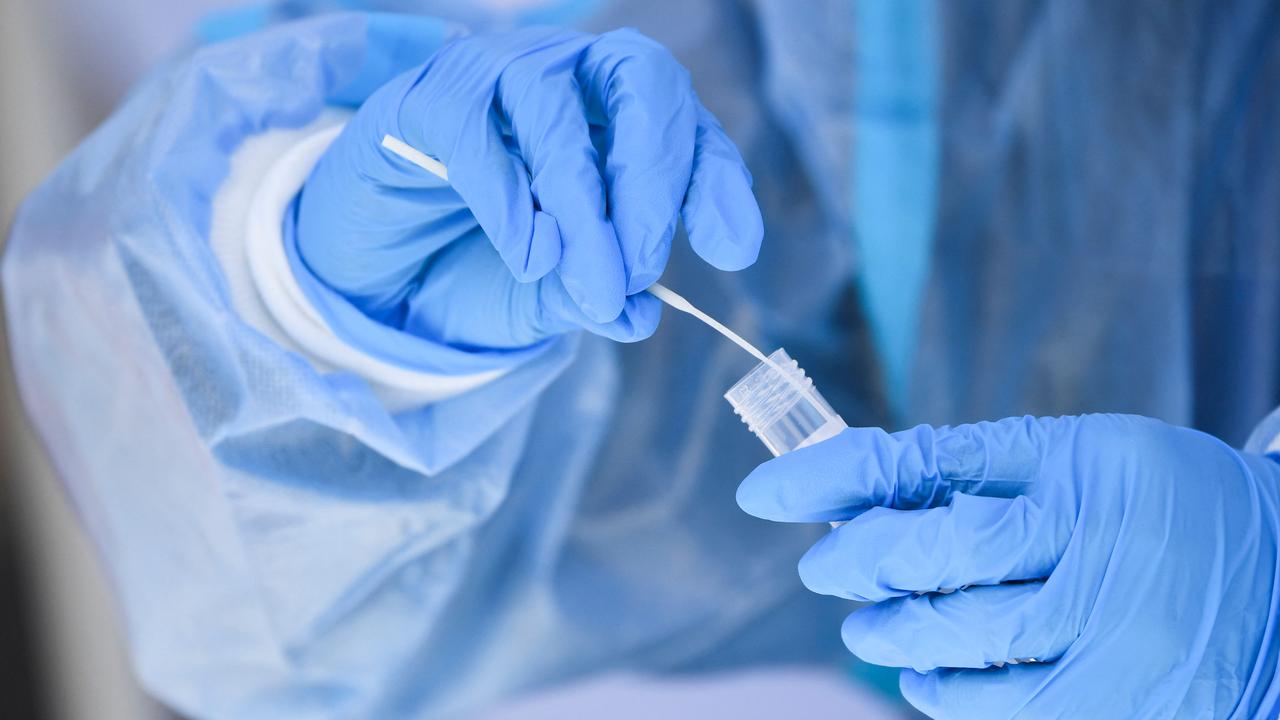
Dr Roper reiterated the fact vaccines were effective against the variant and that it was not making people more sick.
“The BA.2 variant of Omicron, which is becoming the dominant strain in circulation, while it may be more transmissible than the BA.1 variant, there is no indication that it causes any more serious illness,” she said.
On Tuesday, the Victorian department of health revealed wastewater testing results had showed the BA.2 variant continued to increase through March and had now been detected in all Victorian catchments.
“It is the dominant strain in more than 80 per cent of metropolitan samples and more than 60 per cent of regional samples,” a statement said.
“On-going genomic sequencing work is underway to better understand the prevalence of the BA.2 sub-lineage of Omicron in the Victorian community.”





